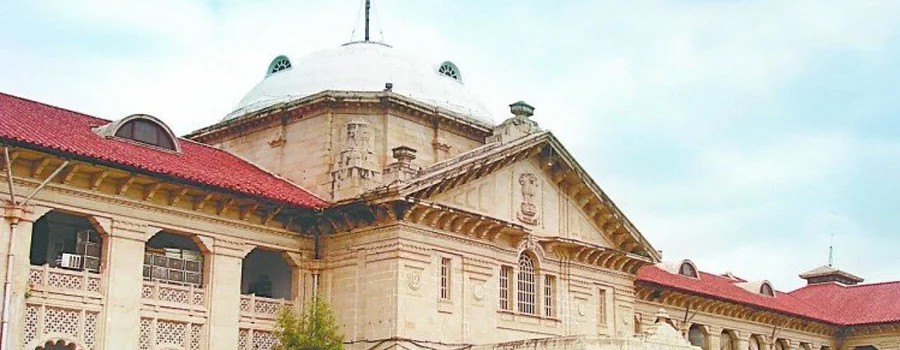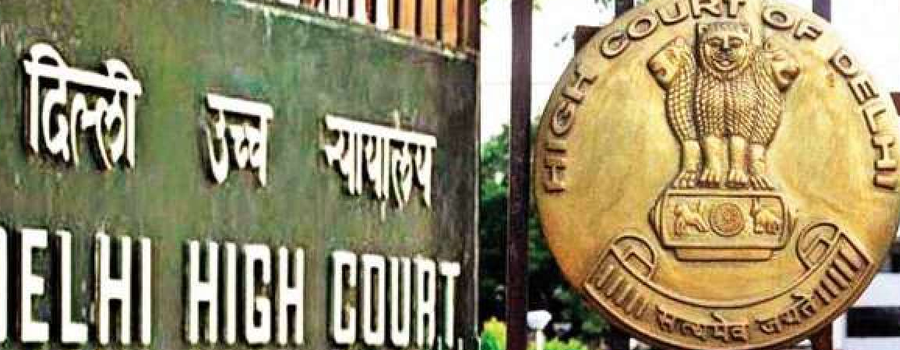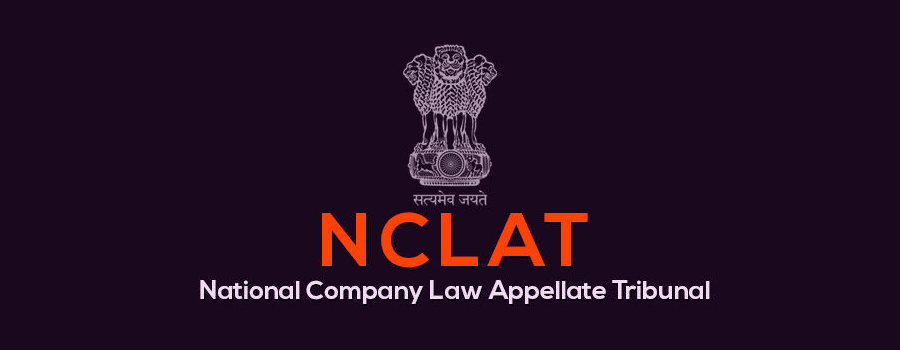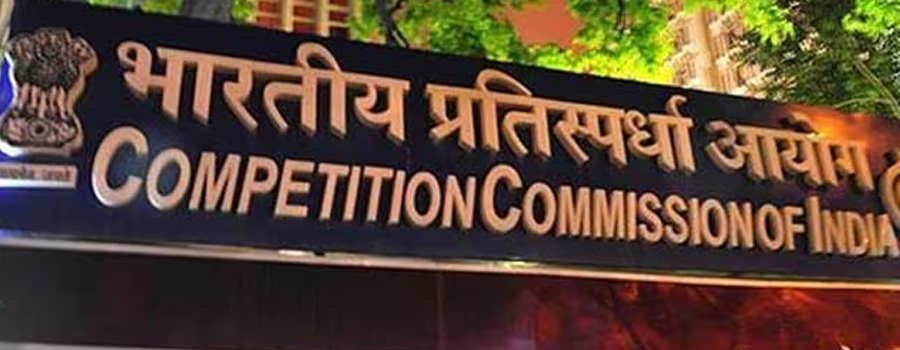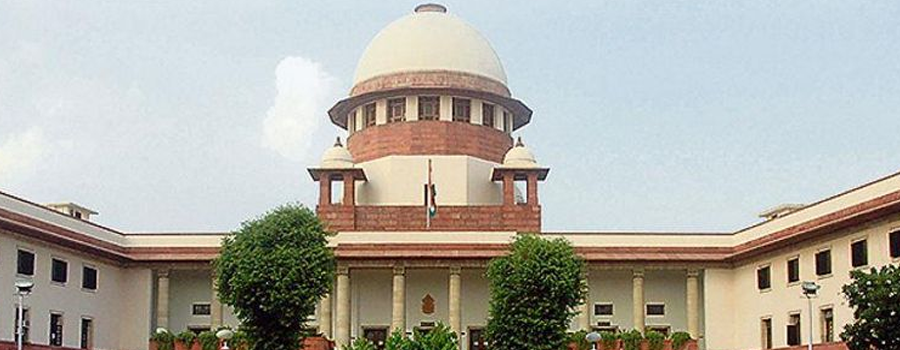
The Supreme Court in an appeal, where defense of exception 4 to Section 300 IPC was taken by the accused-husband charged for uxoricide, has held that this defense will be applicable only when “…culpable homicide is committed not only without premeditated mind in a sudden fight or quarrel but also without the offender taking “undue advantage” of the situation.” In the instant case, the accused upon seeing the deceased-wife drenched in kerosene, took advantage of the situation and lighted a matchstick and threw it upon her, leading to her death in the hospital.



